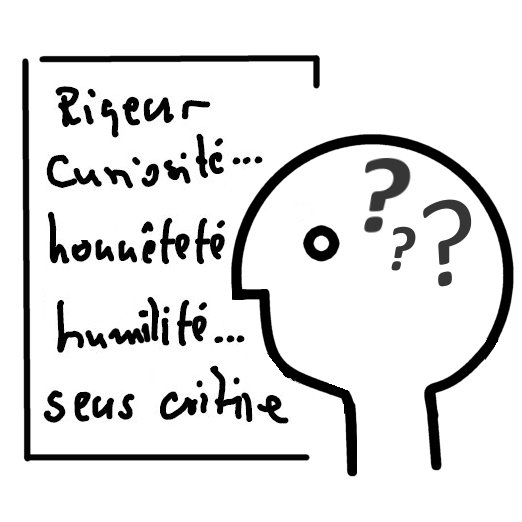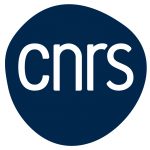
In France, scientific integrity is now defined in the Research Code (article L. 211-2) as the set of rules and values that must govern research activities to ensure that they are honest and rigorous.
Research ethics is the application of ethical principles (such as beneficence or non-maleficence) to various issues or situations related to research activities.
Deontology is defined as the set of rules governing the behaviour of public officials.
Actors
The French Office for Scientific Integrity (Ofis) implements the scientific integrity missions entrusted by law to this independent public authority. In this way, Ofis contributes to the definition of a national policy on scientific integrity, and supports all those involved in ensuring compliance with the rules guaranteeing honest, rigorous, reliable and credible research activity. Ofis represents France in European and international cooperation bodies in this field.
CNRS Scientific Integrity Officer: Claudine Pique
The CNRS Scientific Integrity Mission (MIS) https://mis.cnrs.fr/ is dedicated to handling reports and training in good scientific practice.
Work method
- Organising discussions and drawing up summaries of the factors influencing the implementation of good research practice. Some concrete topics to be covered: good research practice, traceability and good data management, application of the FAIR principles, good practice in documentation and computer code management, good practice in publishing research results, monitoring scientific journals and predatory journals, pre-publication verification criteria, clarifying the rules for assigning roles in the publication of scientific articles, encouraging the open access dissemination of scientific data and publications, implementing a plagiarism policy, good practice in personal data management, etc.), improving the accessibility of the laboratory’s publications and digital productions.
Every Monday at 1.45pm, the laboratory organises a “scientific integrity” café to raise awareness of these issues.
- Become the laboratory’s scientific integrity referent, try to answer questions on the subject or direct people to resources and support MAP staff on this issue;
- Lead discussions on a classification of inappropriate practices;
- To draft, validate and disseminate the laboratory’s ethics charter, based on existing scientific integrity charters;
- Publish summary documents, important links and a list of training courses on the laboratory’s website; see the Information section.
- Participate in training courses on the subject and take part in self-training, organise awareness-raising activities (informative, educational and fun, for example using games);
- Establish a privileged link with the various networks, in particular the MIS (CNRS scientific integrity mission) and the COMETS (CNRS ethics committee). Organise internal workshops with these partners.
- Initiate reflection on the principles of “slow science”.
Members
- Iwona Dudek, Research Scientist, PlaceMUS XR, Scientific integrityiwona.dudek@-Code to remove to avoid SPAM-map.cnrs.fr, +33 4 91 16 43 46
- Judith Hannoun, Research Engineer, Open science, Scientific integrityjudith.hannoun@-Code to remove to avoid SPAM-map.cnrs.fr, +33 4 91 16 43 49

